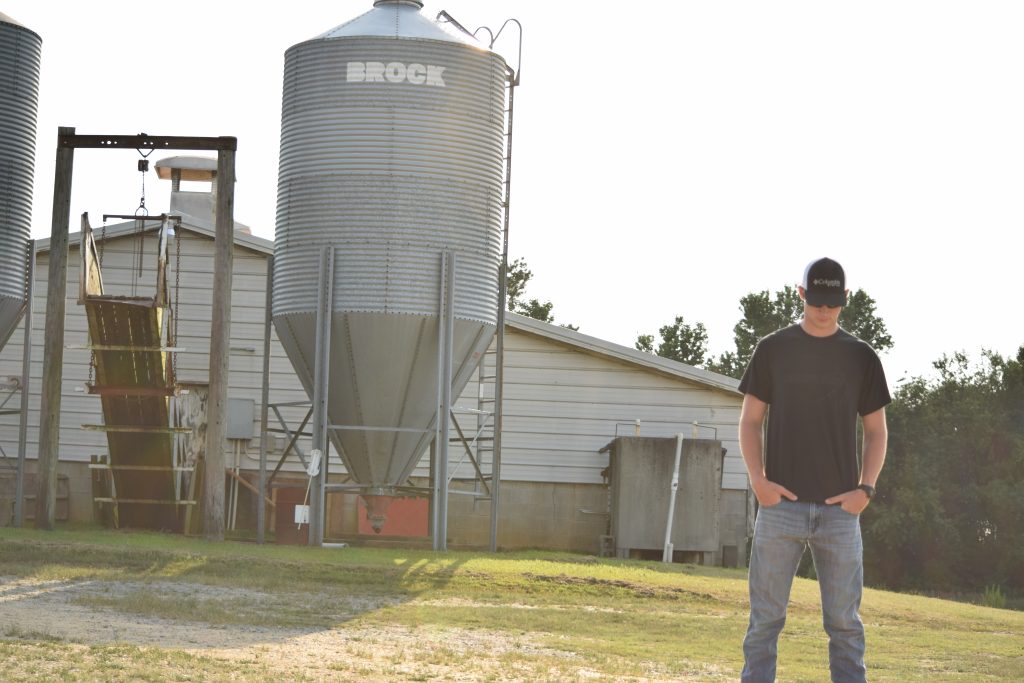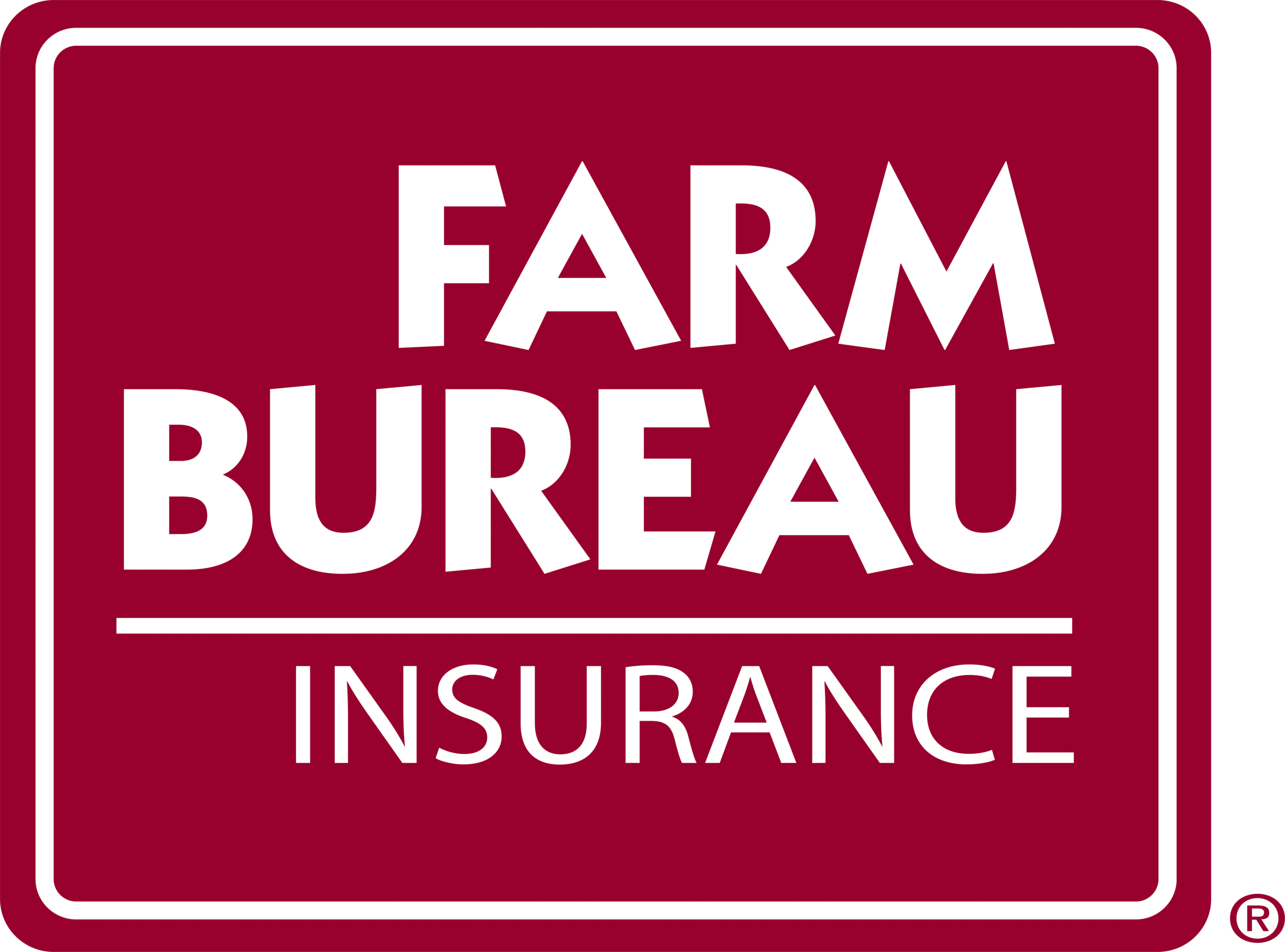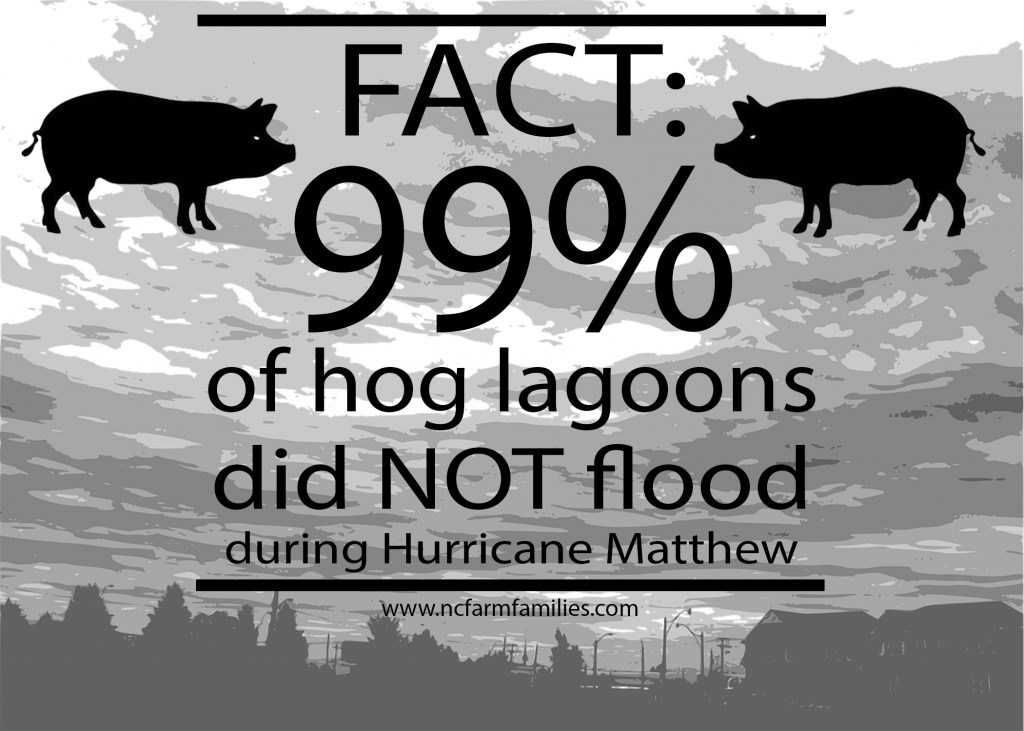 Twisting the law and twisting scientific facts are nothing new for the anti-farm Washington, DC-based activist group EWG. Now EWG is taking the side of predatory lawyers against North Carolina farmers. If EWG is successful, thousands of jobs in hog farming and pork processing will be in jeopardy.In an April 17 news release, EWG criticized – and misrepresented – House Bill 467, which has passed the N.C. House and is before the Senate.The bill will protect family farmers against ruinous, massive tort litigation, such as a current North Carolina case. There, lawyers swooped in on private jets and aggressively signed up hundreds of residents for “nuisance” lawsuits against hog farms. Some residents didn’t know what they were signing. Others live miles from the farms they are suing.The lawyers seek huge financial damages, based solely on claims that the farms are an “annoyance,” “bothersome” or make other residents “fearful.”That is wrong. Here is how HB 467 fixes the problem:
Twisting the law and twisting scientific facts are nothing new for the anti-farm Washington, DC-based activist group EWG. Now EWG is taking the side of predatory lawyers against North Carolina farmers. If EWG is successful, thousands of jobs in hog farming and pork processing will be in jeopardy.In an April 17 news release, EWG criticized – and misrepresented – House Bill 467, which has passed the N.C. House and is before the Senate.The bill will protect family farmers against ruinous, massive tort litigation, such as a current North Carolina case. There, lawyers swooped in on private jets and aggressively signed up hundreds of residents for “nuisance” lawsuits against hog farms. Some residents didn’t know what they were signing. Others live miles from the farms they are suing.The lawyers seek huge financial damages, based solely on claims that the farms are an “annoyance,” “bothersome” or make other residents “fearful.”That is wrong. Here is how HB 467 fixes the problem:
- It makes clear that plaintiffs in nuisance cases can recover only the lost market value of their property.
- It still allows anyone who has suffered actual harm to sue for higher damages.
EWG is twisting the facts about the legislation. By misleading legislators and the public, EWG is serving the interests of predatory lawyers who could force any farmer into bankruptcy without just cause. That in turn would jeopardize employees in processing plants. And it would threaten the economic livelihoods of thousands more people whose jobs and business depend on hog farming and pork processing.EWG also attacked Smithfield Foods in an attempt to stir up opposition to farmers and the pork industry.Here are the facts:Smithfield was founded and is based in Smithfield, Virginia. Kenneth M. Sullivan is President and CEO. Smithfield is a subsidiary of the WH Group, a publicly listed company on the Hong Kong Exchange. Anyone, anywhere in the world can purchase shares of the WH Group. In fact, the WH Group’s shareholder list includes large institutional investors such as U.S. pension funds and hedge funds.Smithfield provides nearly 12,000 jobs in North Carolina, in farming and processing. The company has 215 company-owned farms in the state. It contracts with 1,380 independent pork producers, who are family farmers.Members of the legislature and the general public should reject the anti-farm campaign of EWG and its allies. Stick to the facts. Protect farmers. Save our jobs.






